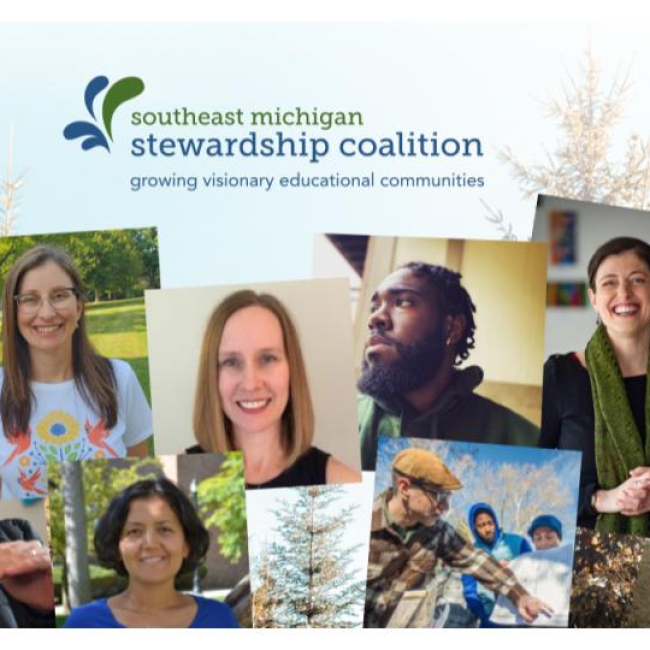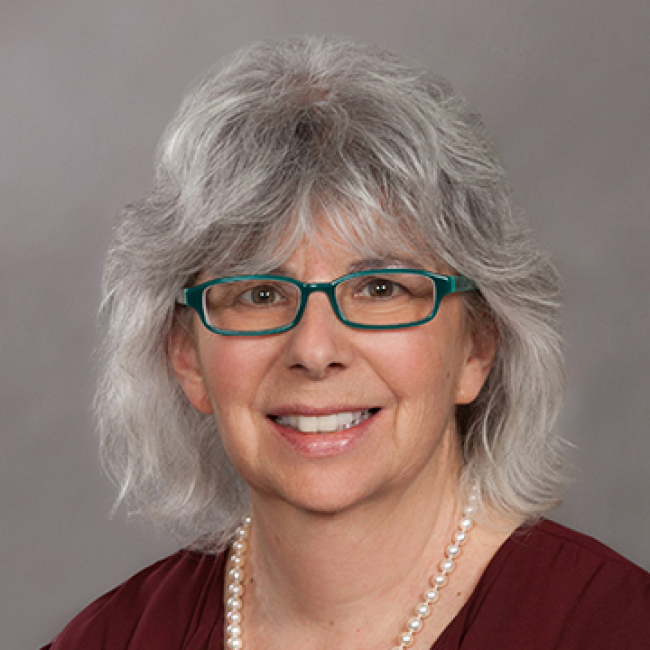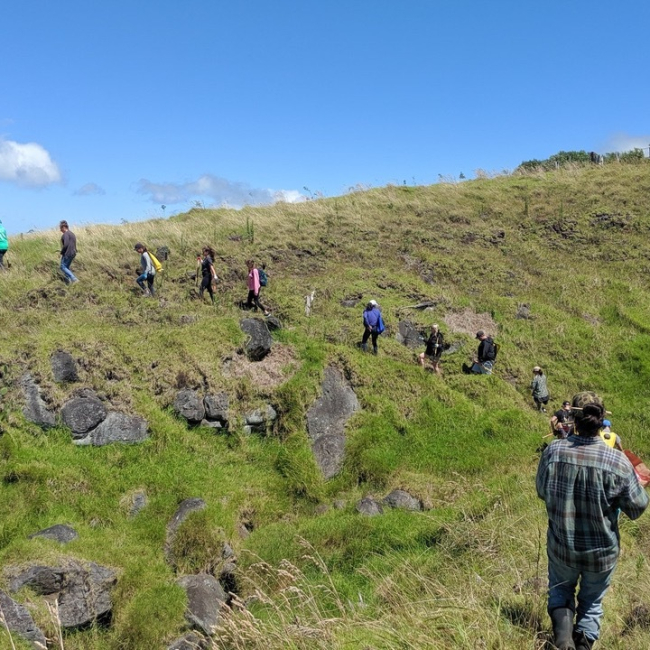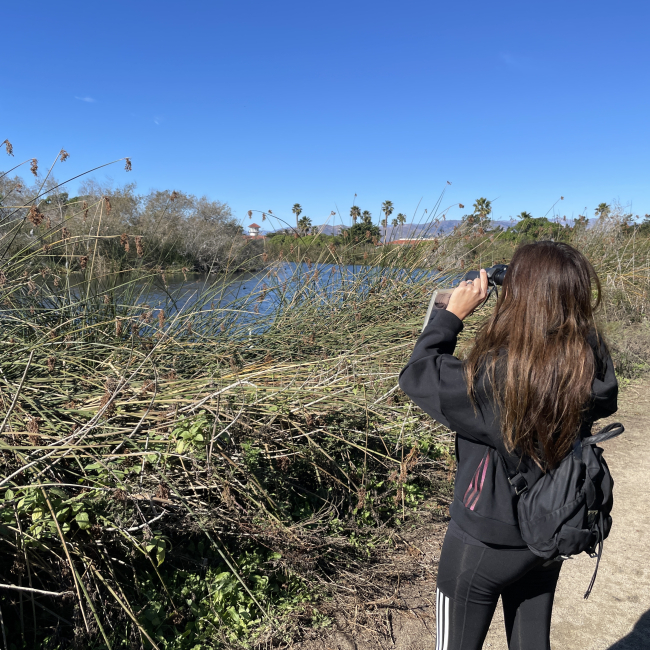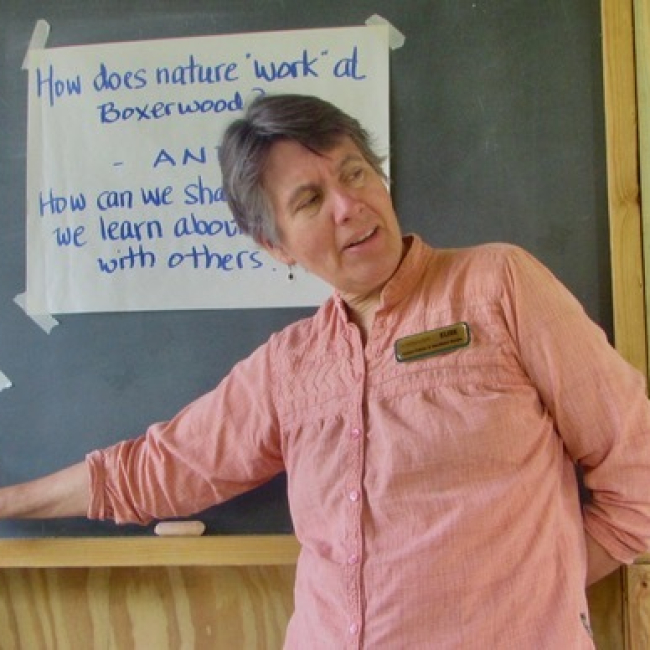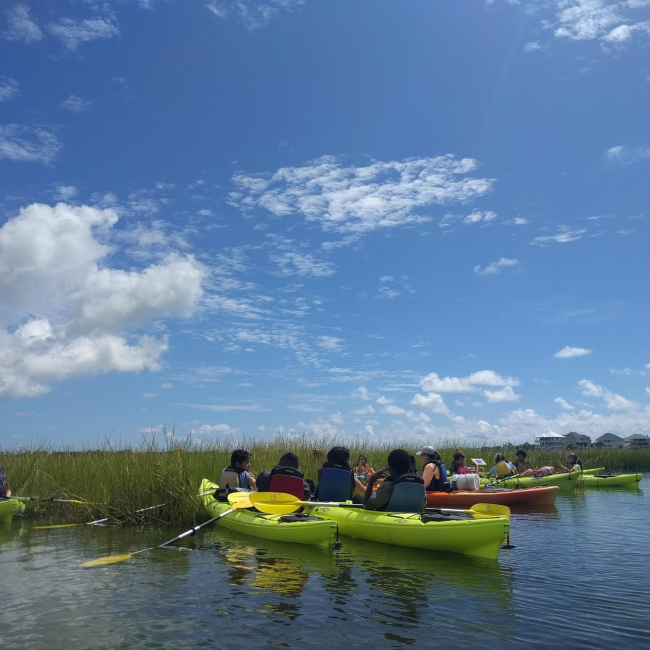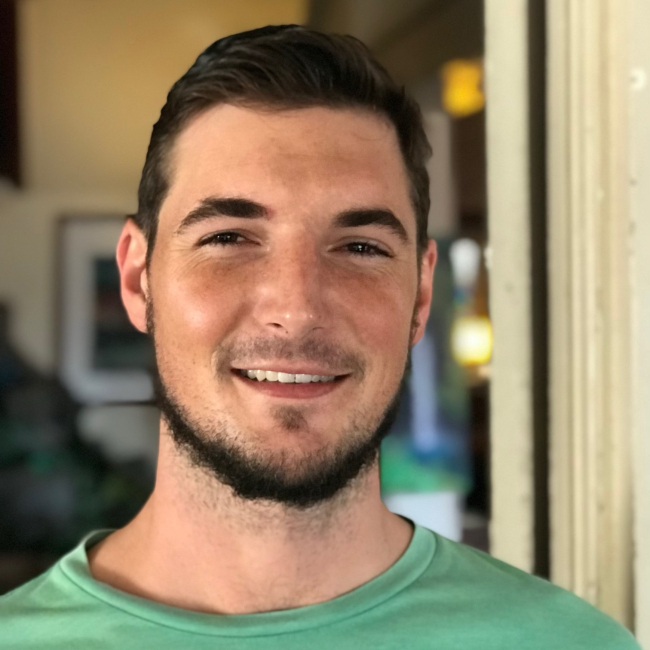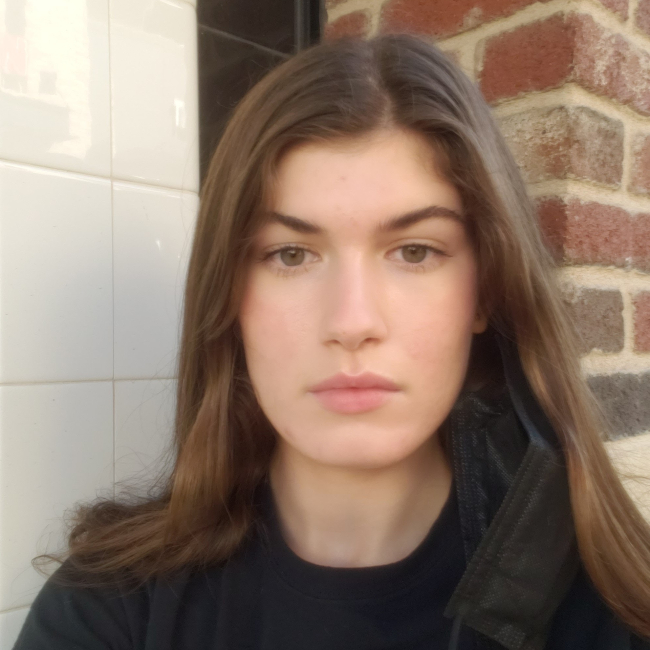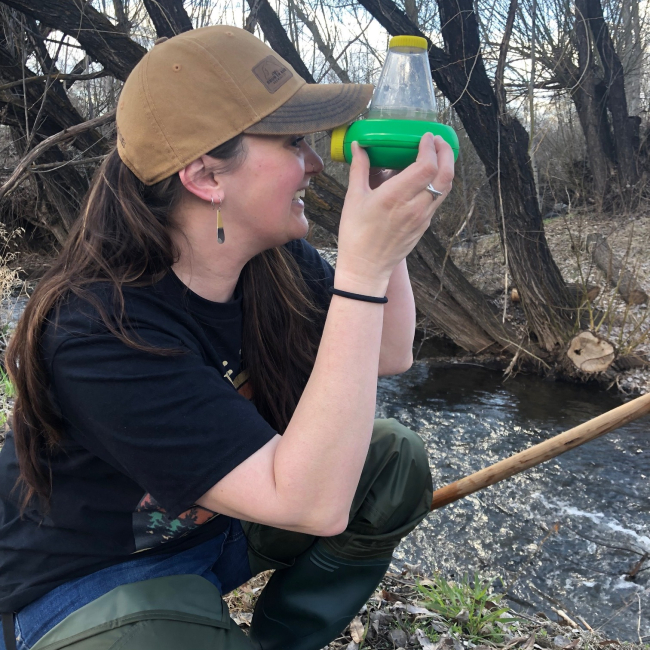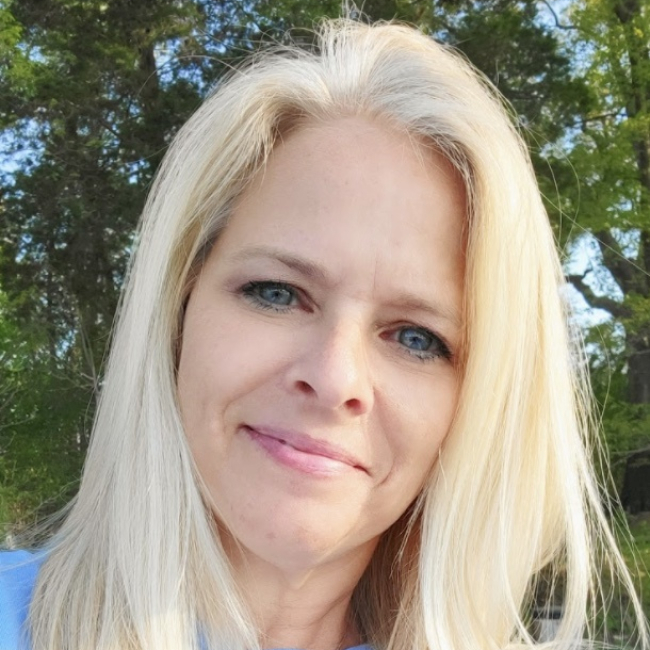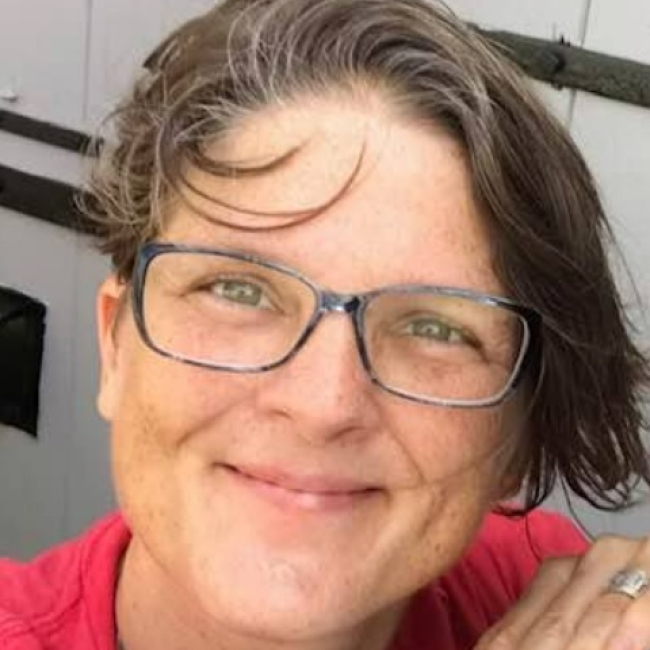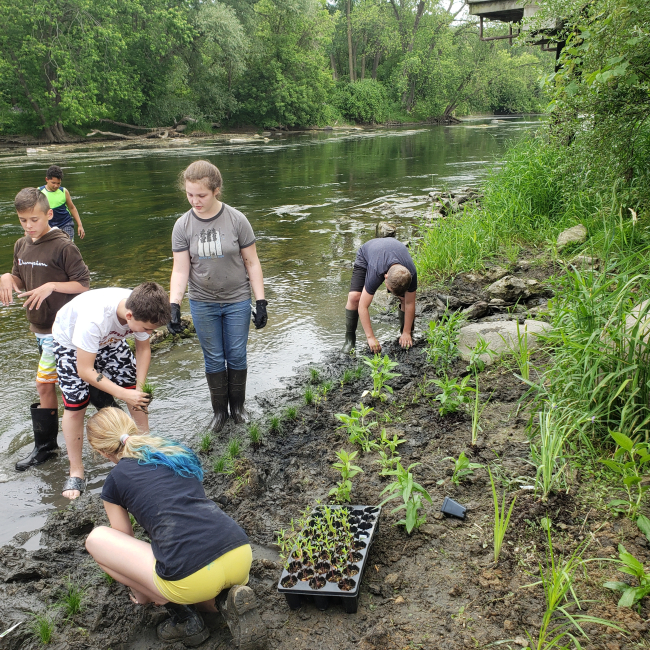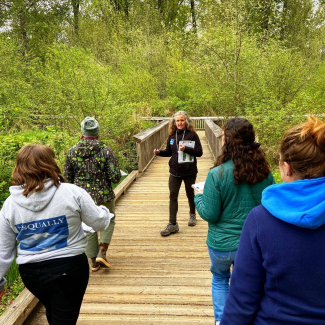
Nisqually River Foundation
Engaging your students in meaningful action to address the ecological threats in our communities is a powerful way to shape their sense of agency in resolving these crises.
What is your name and current job?
Sheila Wilson, Program Director, Nisqually River Foundation, Olympia, WA.
Stephanie Bishop, South Sound GREEN Program Manager, Thurston Conservation District, Tumwater, WA.
How has the NOAA Bay Watershed Education and Training (B-WET) program helped you grow personally and/or professionally?
The NOAA B-WET program has allowed two partner groups (the Nisqually River Foundation and the South Sound GREEN Program) to collaborate more closely on our shared goals of educating teachers and students about the freshwater and marine environments. The opportunities provided at the annual B-WET grantee meetings create amazing opportunities to network with and learn from regional peers. Many of us are focusing on similar defining environmental issues, such as water quality and salmon recovery, and also face similar challenges in program implementation. Time together to learn how the best practices identified and defined by the B-WET Meaningful Watershed Educational Experience (MWEE) framework can be effectively implemented is very well spent.
Has B-WET and learning about the MWEE framework enabled or helped you improve your programs? If so, how?
Adopting the MWEE framework formalized a structure that we had loosely been following for years and amplified our message to teachers: engaging your students in meaningful action to address the ecological threats in our communities is a powerful way to shape their sense of agency in resolving these crises.
The MWEE framework solidified our commitment to provide opportunities for our community’s children to summarize their findings from water quality field investigations to leadership at Olympia City Council and Nisqually River Council. Local leaders have been uniquely moved to take students’ ideas to heart and reciprocally offer encouragement to these budding youth leaders. This student opportunity exemplifies the adage “speak truth to power.”
Has B-WET helped you implement and/or build capacity for environmental education in your participating schools or in your community? If so, how?
B-WET funding has allowed us to amplify our programming and provide district-wide MWEEs in North Thurston Public Schools in Washington. North Thurston Public Schools’ ambitious goal is to give every K-12 student an outdoor field STEM experience each year. B-WET gave us the ability to meet this community need by funding the staff time and transportation expenses to increase our programming by roughly three-fold, including two schools that had not participated in years and four schools in the district that had never participated in the past. B-WET funding also gave us the opportunity to develop a curriculum that bookends the student field experiences with a week of lessons before and after their outdoor field experiences.
The activities completed through this funding have inspired new schools to participate in our programs. Currently, the Olympia School District is working to integrate our nearshore MWEEs into all of their middle schools over the next several years.
How has your B-WET project impacted the student participants or the community?
Through B-WET-funded teacher trainings, our project has improved knowledge of climate impacts to salmon and other aquatic organisms within our teacher networks and the students they support.
The Thurston ECO Network, a county-wide group of environmental educators, benefited from our B-WET-funded Systems for Sustainability series which focused on diversity, equity, and inclusion. Educators from local jurisdictions, non-profits, and the community participated, generating a common culture of understanding and helping to bolster awareness of these issues and tangible practices to use every day in environmental education. Overall, the B-WET program has had a tremendous impact on building our community knowledge base not only on climate impacts to our region, but also how to best address these stressors through community networking and action.




